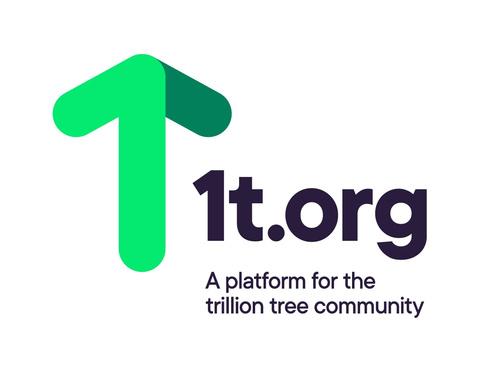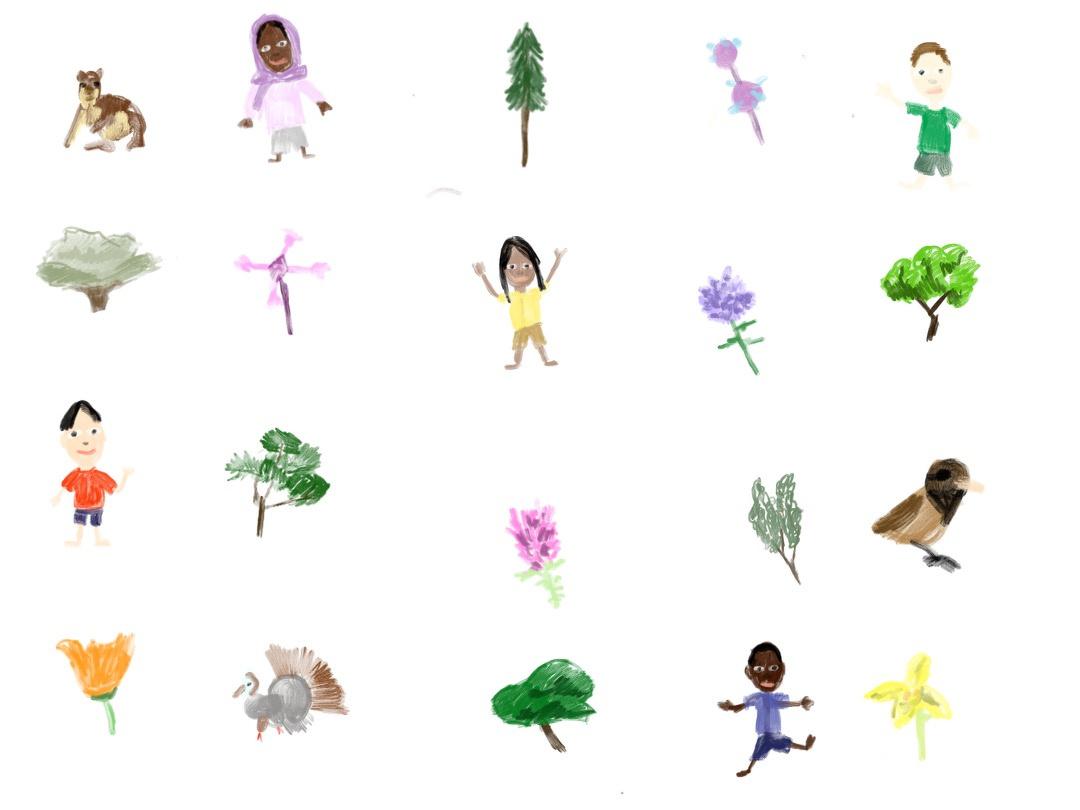Green Pocket Forests



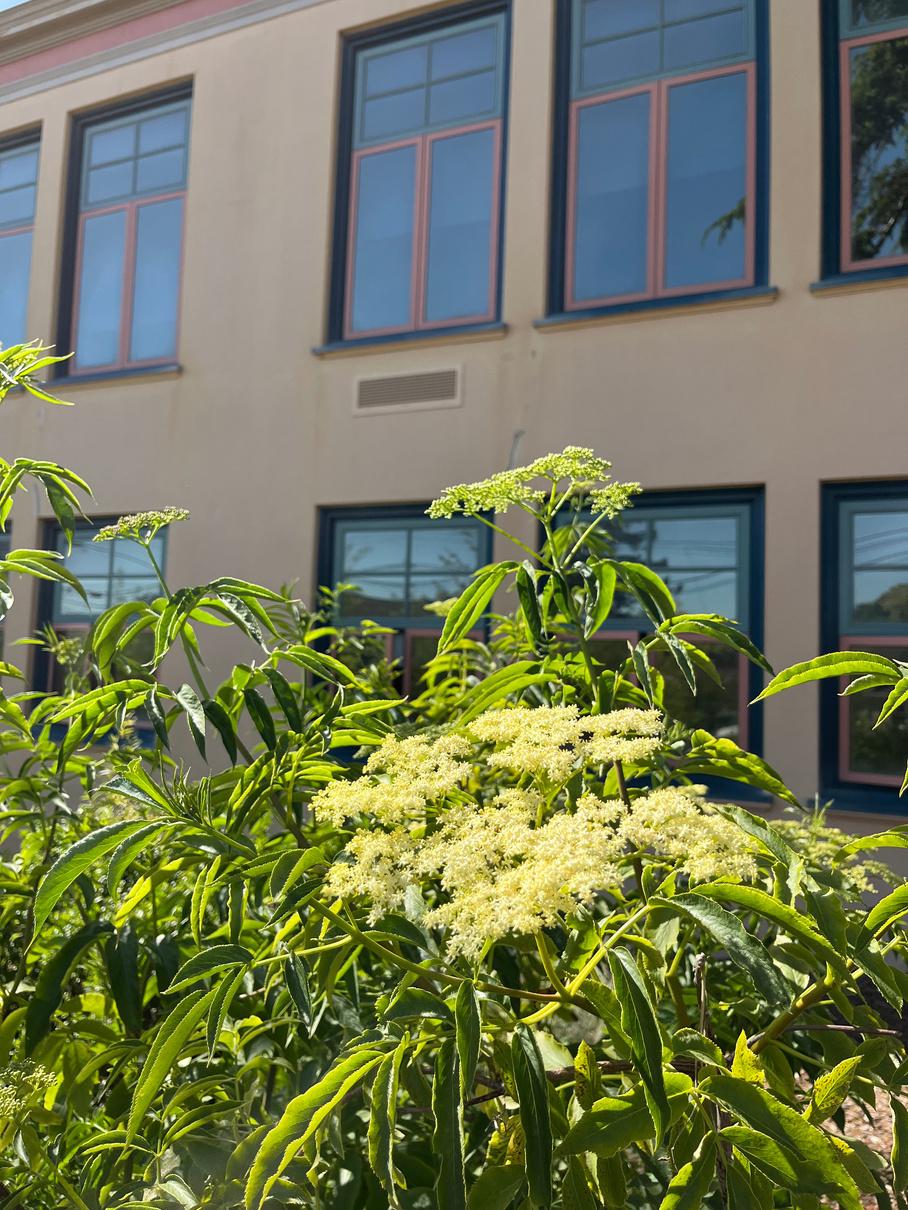







Overall Impact
Trees Planted: 3,645
Land Reforested: 13,366 sqft
Volunteers engaged: 3045












Trees Planted: 3,645
Land Reforested: 13,366 sqft
Volunteers engaged: 3045
We facilitate a community healing process by greening urban spaces using the Miyawaki method.
Impact
Miyawaki Method
Map of Berkeley
Forests
Berkeley, California
Cragmount Elementary
Malcom X Elementary
Martin Luther King Jr. Middle School
Berkeley Technology Academy
Boone, North Carolina
Los Angeles, California
About the Director Partners


The Miyawaki method is an ultra dense planting method by which you can grow a 100 year old forest in just 10 years. It utilizes all native species so is specific to every micro climate. Millions of trees have been planted around the world using the Miyawaki method. It was created by Japanese botanist, Dr. Akira Miyawaki.
 Soil Survey 1. 2. Species Survey 3. Soil Engineering
Soil Survey 1. 2. Species Survey 3. Soil Engineering
Green Pocket Forests aims to rewild urban areas and heal the community at the same time. To us, every Miyawaki forest is an opportunity to inspire local action. Working with children and local volunteers, we create space for nature and biodiversity in deforested urban areas.

 4. Dense plantation and maintenance 5. Self-sustaining forest (after 2 years)
6. Climax forest equivalent to a 100-year-old forest (after 20 years)
4. Dense plantation and maintenance 5. Self-sustaining forest (after 2 years)
6. Climax forest equivalent to a 100-year-old forest (after 20 years)
As the world faces a biodiversity crisis, micro Miyawaki forests offer up havens for local flora and fauna by reclaiming underutilized urban spaces.
The Miyawaki method
grows 10x faster, generates up to 100x more biodiversity, replaces water guzzling lawns with native drought tolerant plants, has a 95% survival rate, addresses the urban heat island effect with a cooling microclimate (up to 25 C) and empowers children to make a difference by participating in a climate change solution
Includes all region specific native plants and honors local indigenous knowledge
Improve student/ community wellness
Heals and rehabilitates soil biology
These tiny urban forests enhance biodiversity, reduce water consumption to a fraction, and improve soil biology, offering a clever, green solution to many of the most pressing challenges of our time. The average height of our trees is 12 feet tall after just one year in our Miyawaki forests in Berkeley, California
Our forests in California have a 95% survival rate, use one tenth of the water a lawn uses, host 53 native species, became a local biodiversity hotspot overnight, and had an average tree height of 12 feet after just one year! And that's not even the best part- these micro forests were planted by school children who got to experience the power of tiny actions to change the world, learn indigenous values of land stewardship, and connect with nature right on their school campus or city.
In November, 2021, Ms Neelam Patil planted the first ever schoolyard Miyawaki forest in Berkeley, California In the process, she empowered thousands of children to participate in a hands-on solution which had immediate results and impact on their lives, alleviating their strong sense of climate angst. At Cragmont Elementary School in Berkeley, California, what started off as a barren plot of abandoned land is now a lush, thriving ecosystem with high leaf density, healthy soil biology, and biodiversity, all while using a fraction of the water that ornamental lawns use. This weapon against climate change is quickly transforming the lives of many and the landscape around us.





320 trees

53 native species
Average of tallest 3 trees: 3.65m
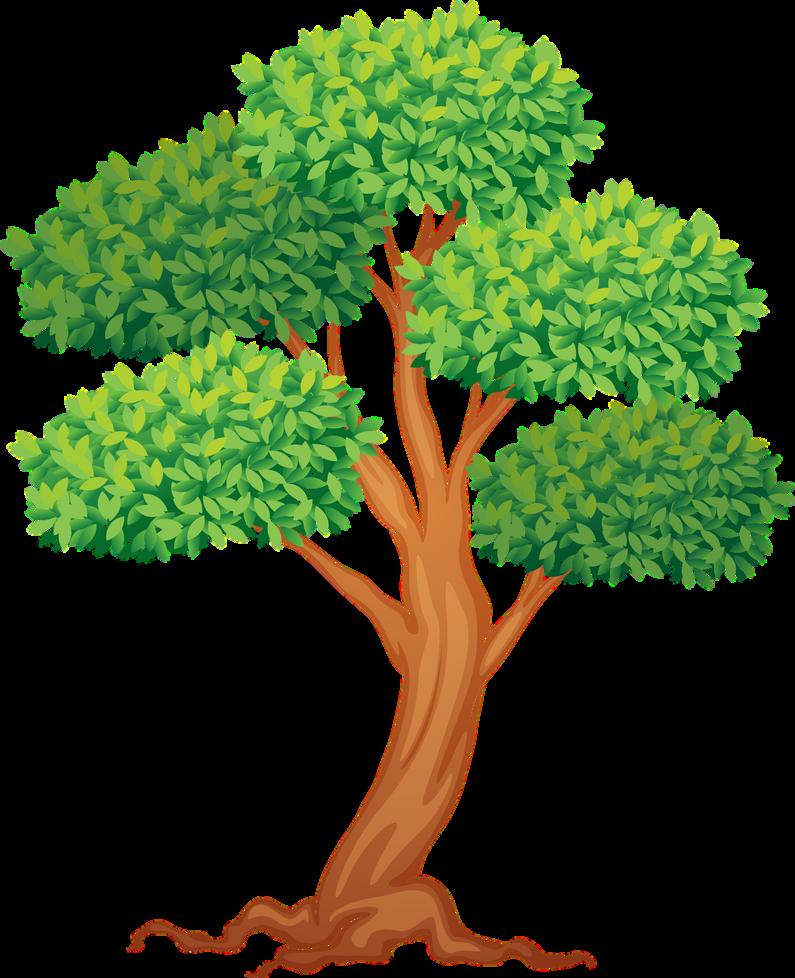
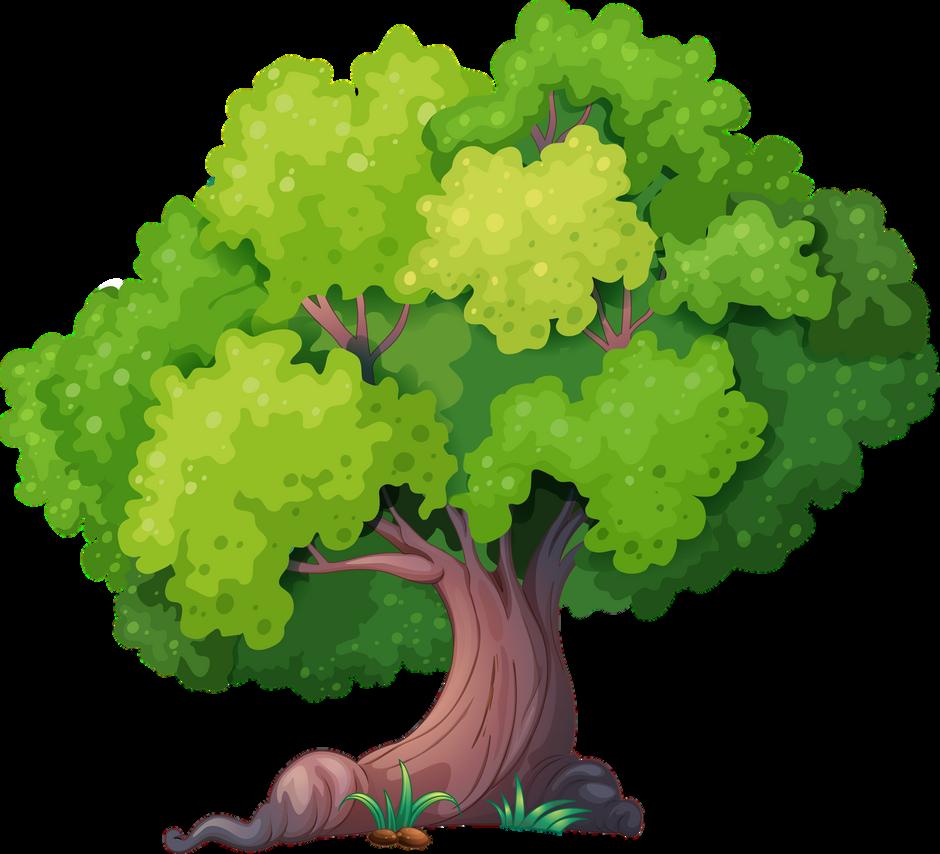
350 students
30 teachers
25 volunteers
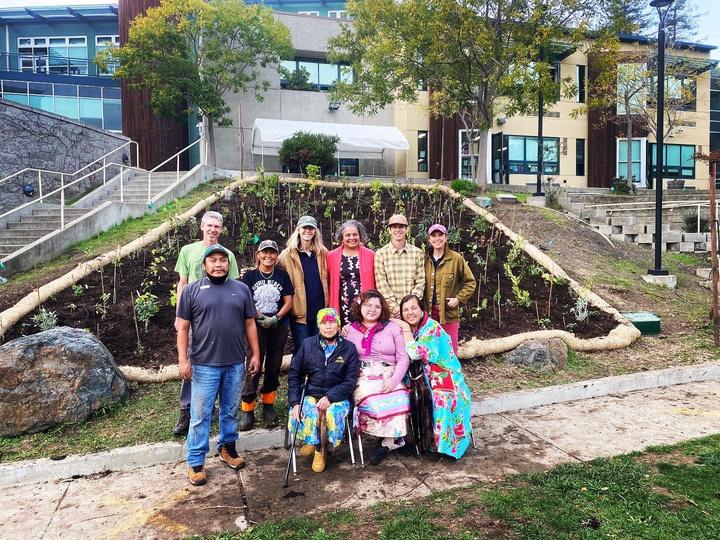
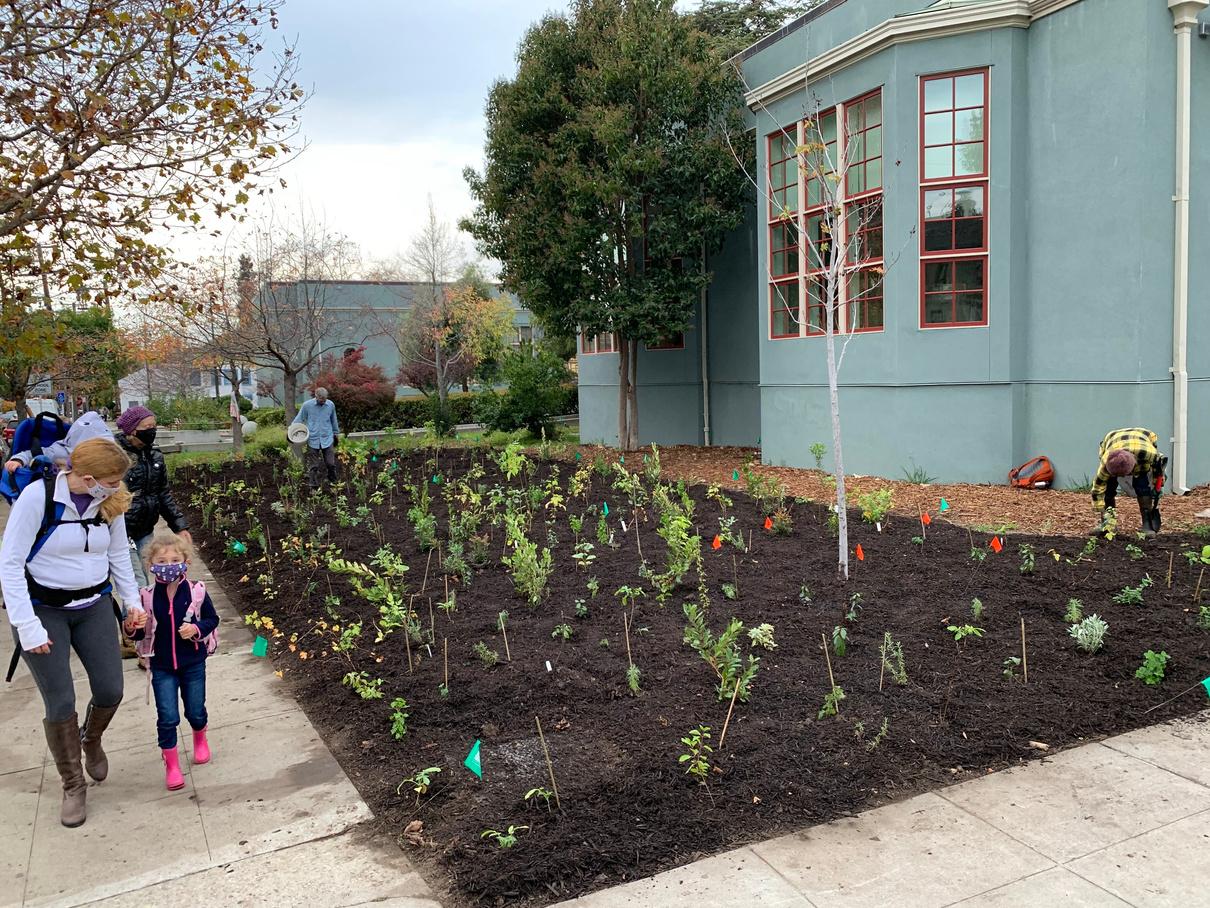
1300 sq ft


420 trees
53 native species

Average of tallest 3 trees: 3.55m



450 students
15 teachers
50 volunteers
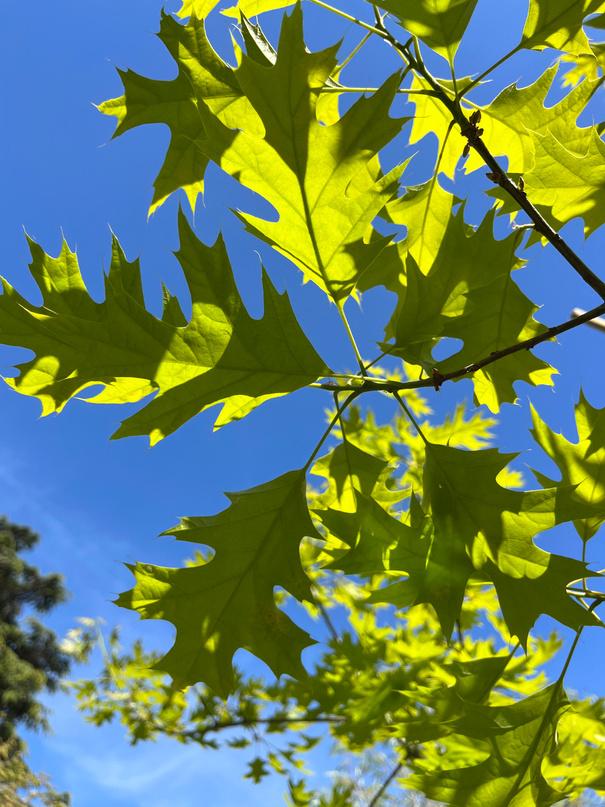

96% survival rate
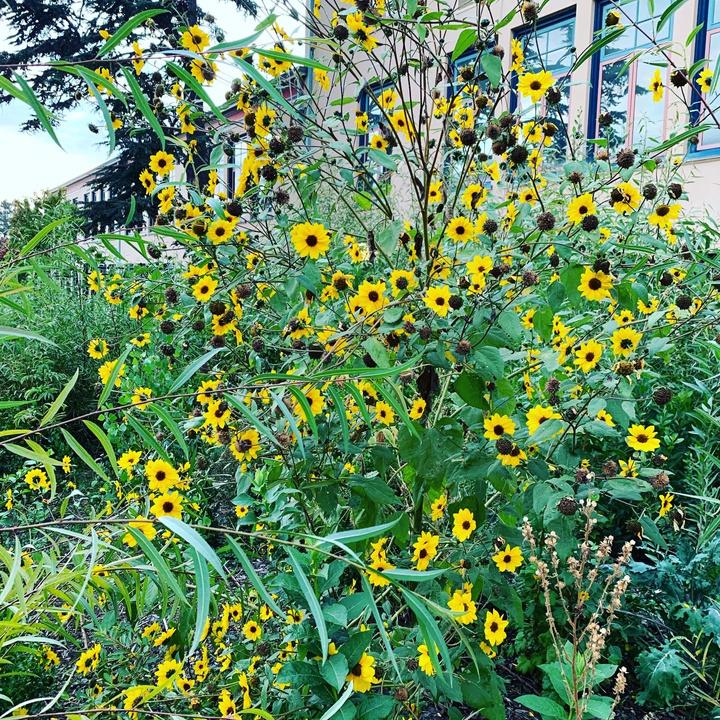
7600 sq ft



53 native species
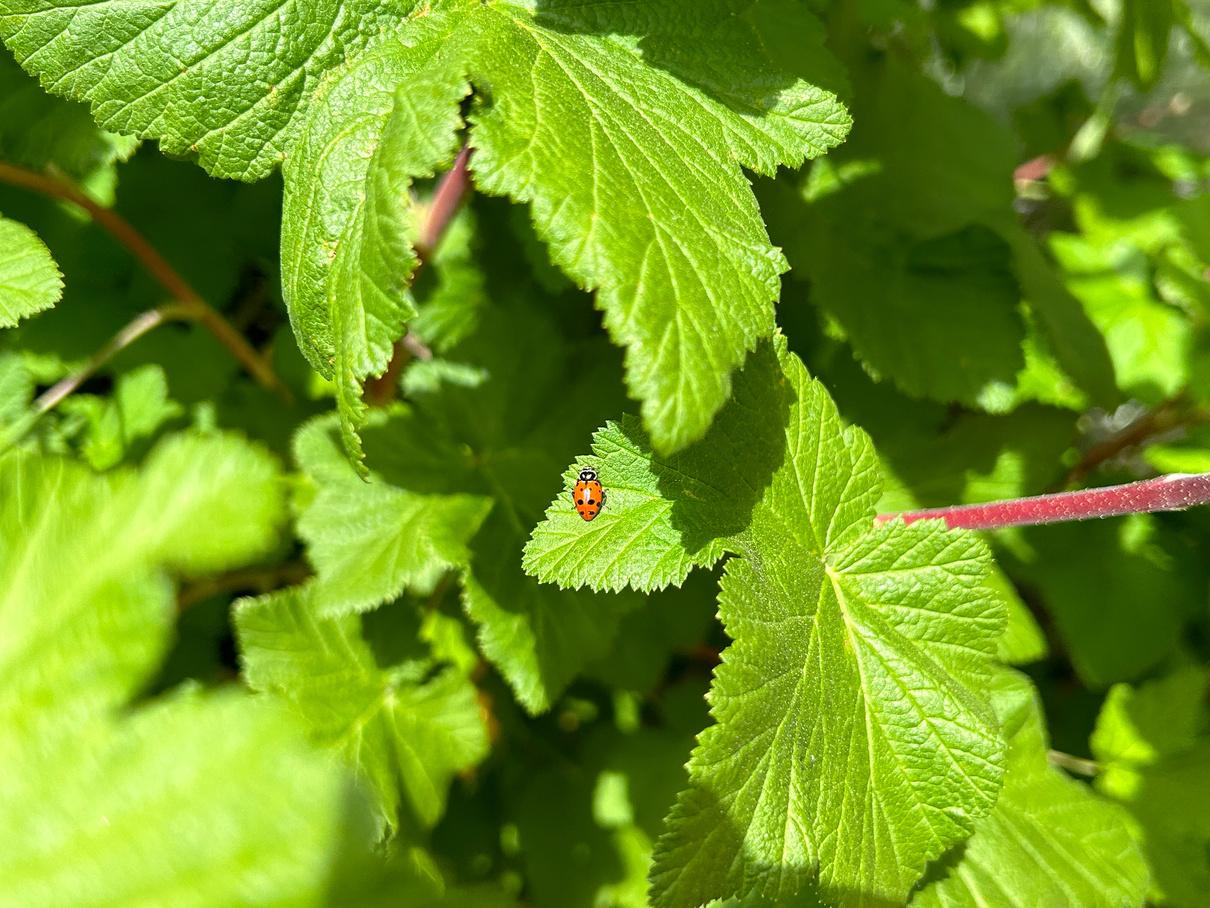
Average of tallest 3 trees: 4.84m



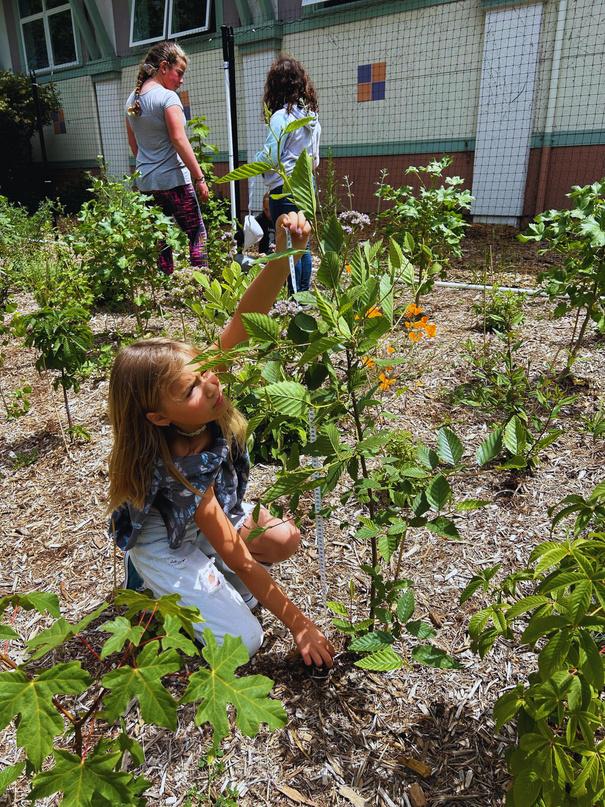

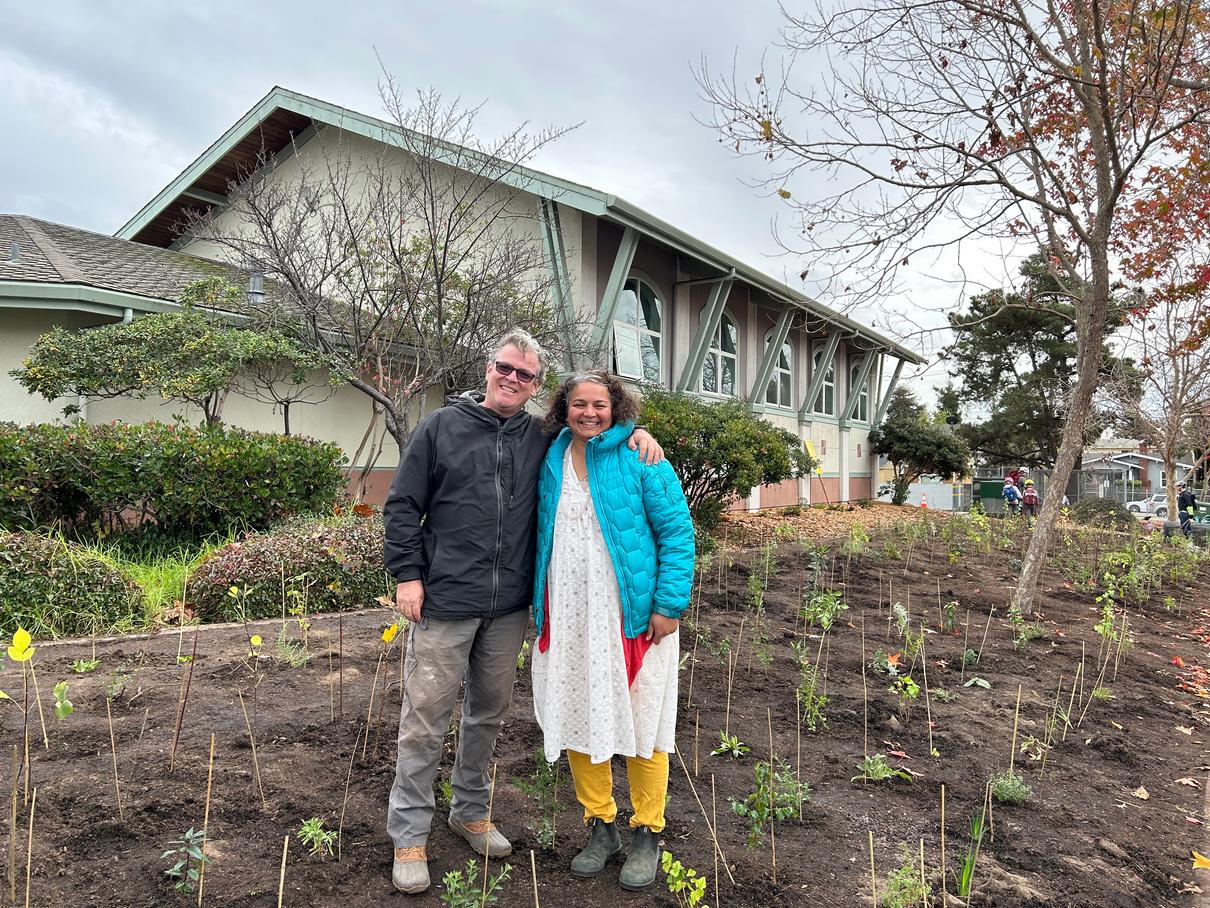

750 trees
50 native species
Berkeley Technology Academy
Average of tallest 3 trees: 94cm



450 students
50 volunteers
15 teachers
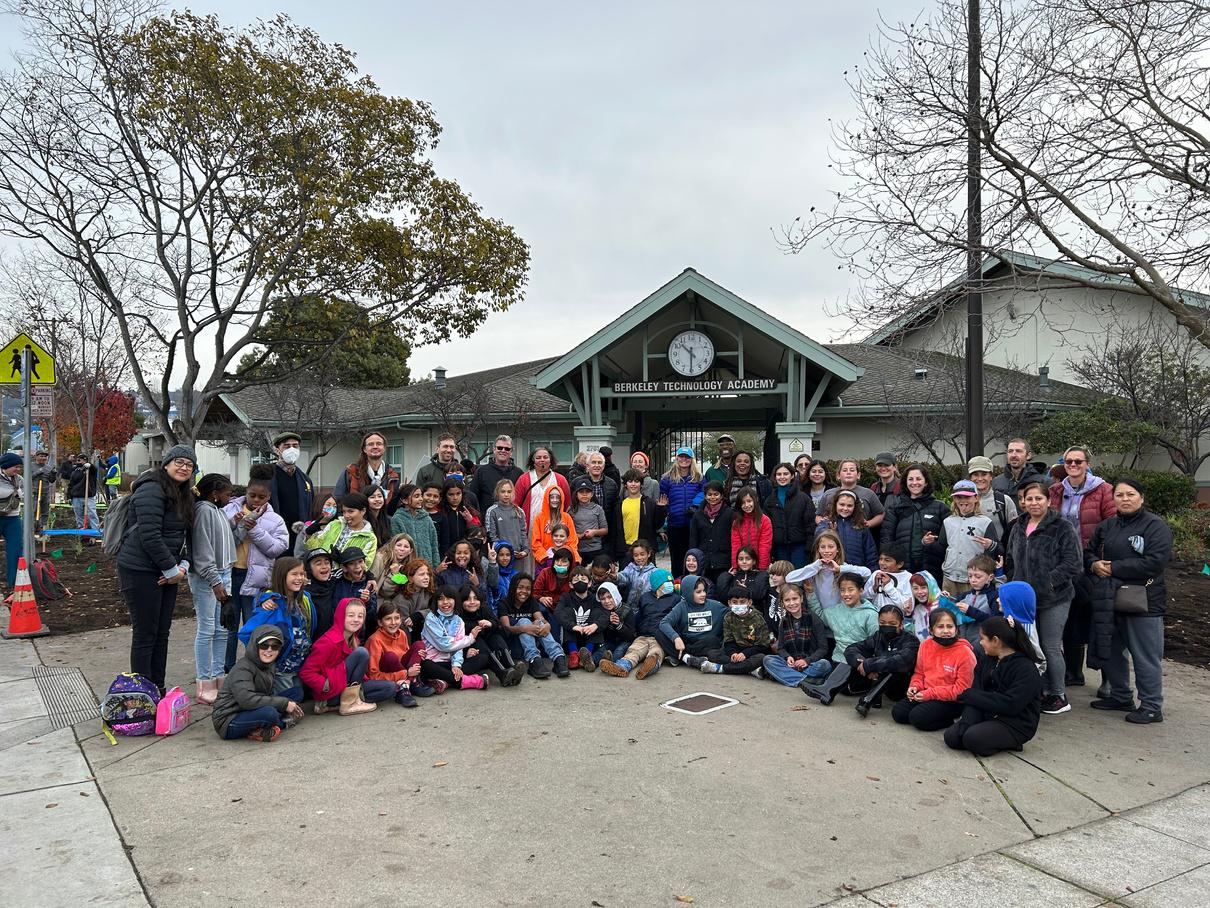
100 trees



35 native species
2
2
300 sq ft
225 volunteers


23 native species




25 volunteers
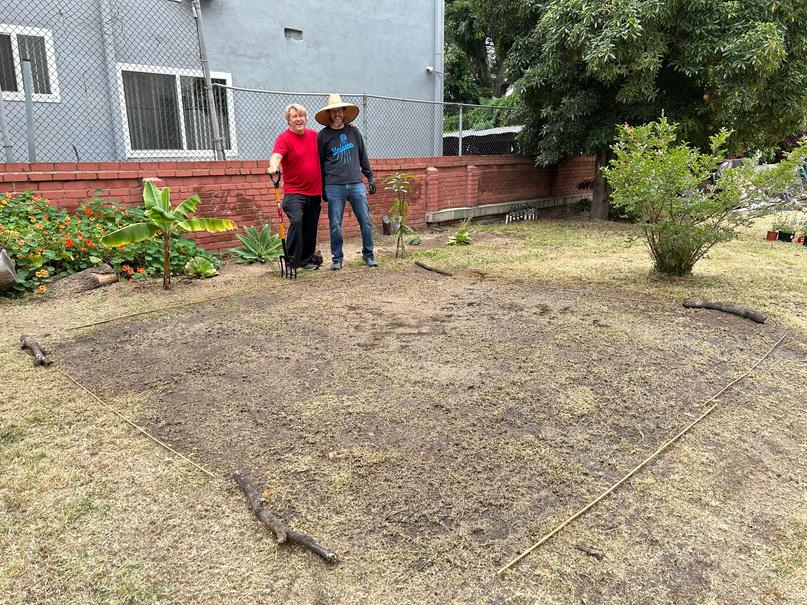
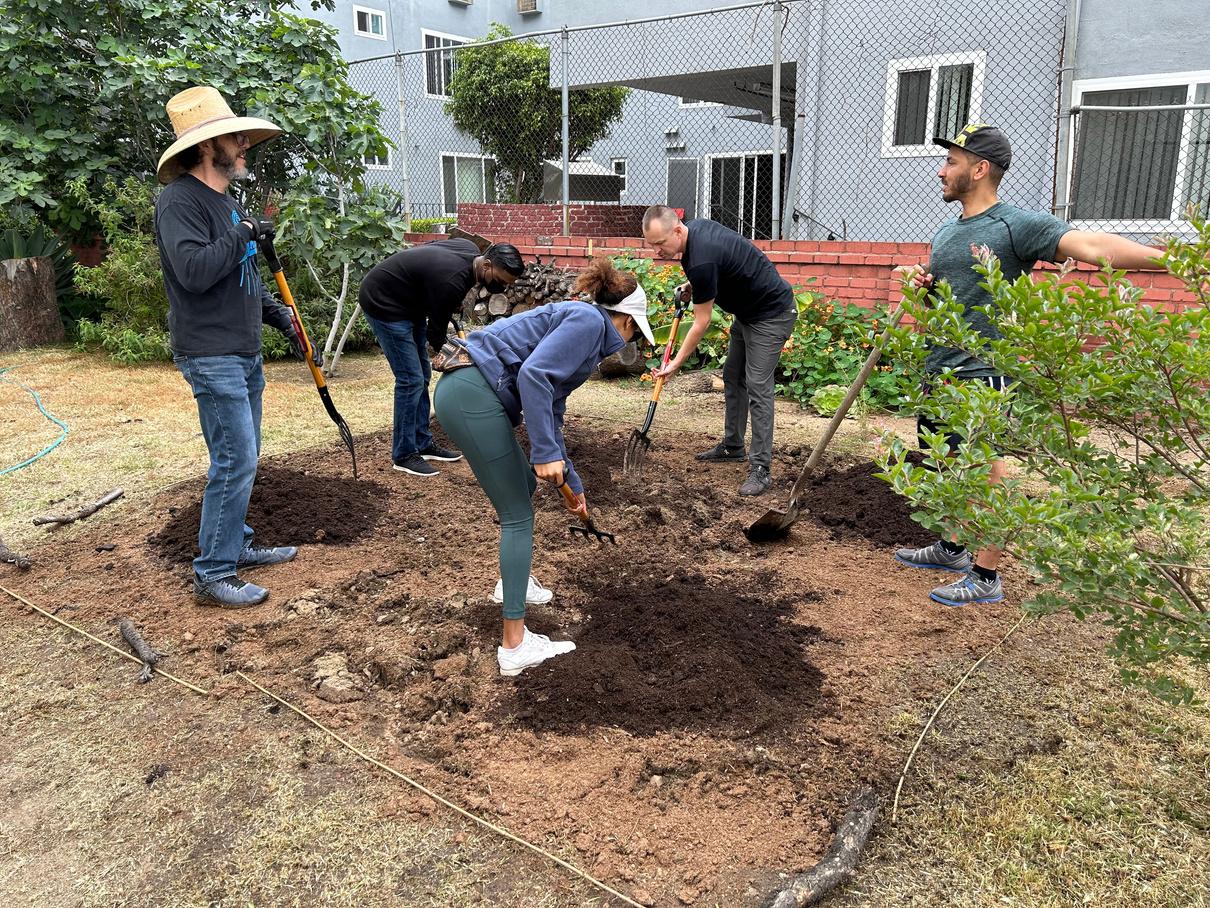
“Miyawakiforestsbringtogethercutting-edgescience,naturebasedsolutions,climateliteracy,STEMeducation,andsocialemotionallearning.TheMiyawakimethodutilizesallthebest partsofnaturetoaddresstheharmdonebyhumans.Mother Naturedeservesreparations,andIbelievethatMiyawakiforests arethesolution.”
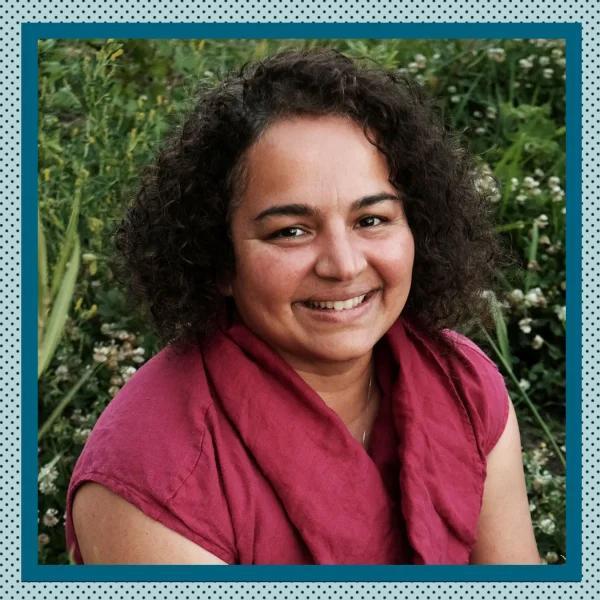
Neelam Patil is a teacher, advocate, and forest maker So far, she has organized the planting of six Miyawaki forests, mostly at schools in Berkeley, California Patil, an elementary and middle school teacher, is inspired by her students.
“I was teaching my students about desertification and deforestation when they told me, ‘Ms. Patil, we're tired of learning about this. We want to do something.’ Ever since I heard that, I knew I needed to find a solution,” Patil said. Patil discovered the Miyawaki method through a Tweet about the effectiveness of Miyawaki forests
“I was blown away by the numbers. It was incredible. Once I found out about that, I started a worldwide search for how to do the Miyawaki method, and from there, this whole project sort of snowballed,” Patil said.
Before actually planting the forest, Patil sorted out the logistics. She garnered fundraising support from SUGi, a global Miyawaki-forest-building organization, coordinated with school administrators for land on campus to plant the forest, recruited the efforts of hundreds of volunteers, and much more. Although all this was difficult to handle, all of Patil’s hard work paid off when planting day arrived.
Students in grades K - 5 from Cragmont Elementary School in Berkeley, California planted the first ever schoolyard Miyawaki forest on November 11, 2021. Student and teacher participation was imperative Many students named their trees and even sing “Happy Birthday” to them.
“All the kids were so happy. It was the most special time. I remember I even cried at the end knowing that these kids are the future. Right now, they are too young to have any power, so they feel powerless, but I wanted them to know that you're not powerless You have power You can express yourself You can make a difference,” Patil said
For her exceptional work of teaching children they can do something about climate change through Miyawaki forests, TIME Magazine named Patil Innovative Teacher of 2022. The international recognition spurred the birth of Green Pocket Forests, a nonprofit dedicated to bringing Miyawaki forests to schools and cities around America and beyond Green Pocket Forests has since been awarded Top Innovator Status by the World Economic Forum Uplink
“Miyawaki forests bring together cutting-edge science, nature-based solutions, climate literacy, STEM education, and social-emotional learning. The Miyawaki method utilizes all the best parts of nature to address the harm done by humans. Mother Nature deserves reparations, and I believe that Miyawaki forests are the solution,” Patil said
Recognition:
TIME's Innovative Teachers of 2022: Neelam Patil
GPF - Winner of the UpLink Trillion Trees U.S. Challenge
IAHV is a nonprofit which was founded by Gurudev Sri Sri Ravi Shankar and offers programs to reduce stress and develop leaders so that human values can flourish in people and communities.
IAHV offers programs to reduce stress and develop leaders so that human values can flourish in people and communities. We foster the daily practice of human values – a sense of connectedness and respect for all people and the natural environment, an attitude of nonviolence, and an ethic of social service.
Our programs enhance clarity of mind, shift attitudes and behaviors, and develop leaders and communities that are resilient, responsible, and inspired.



